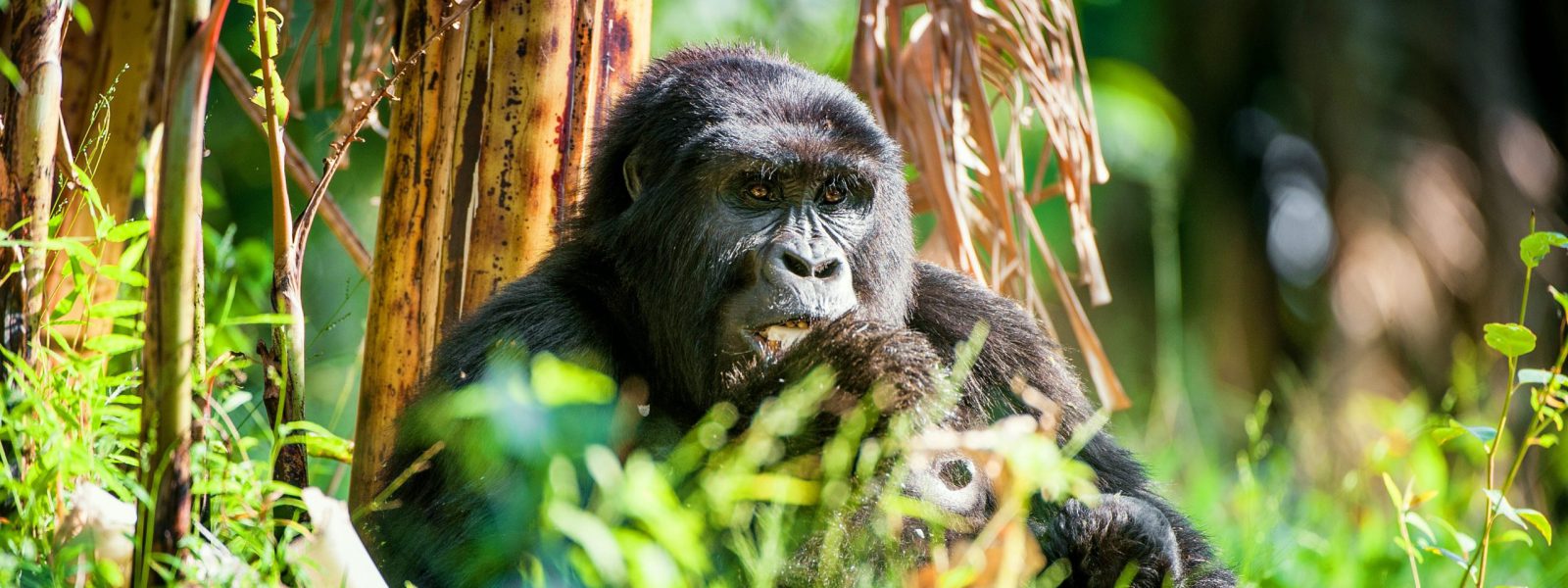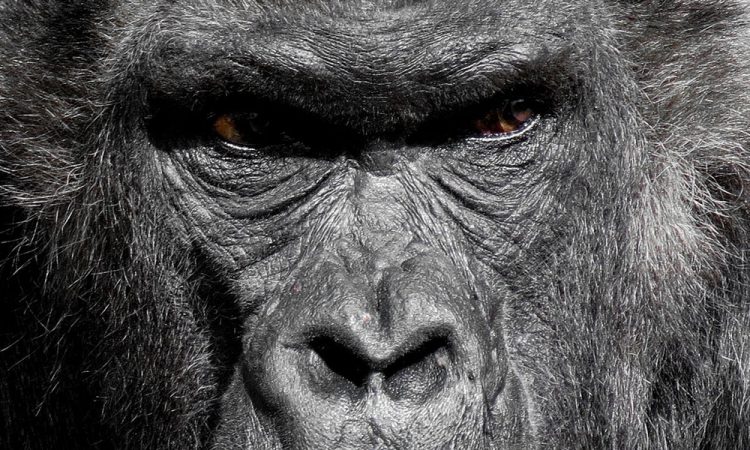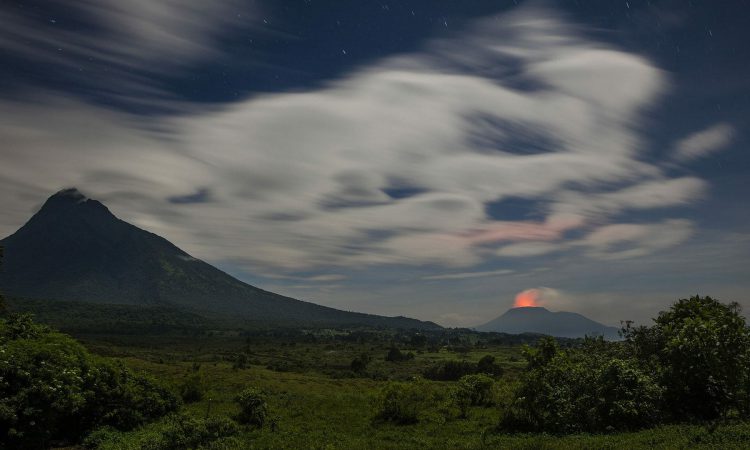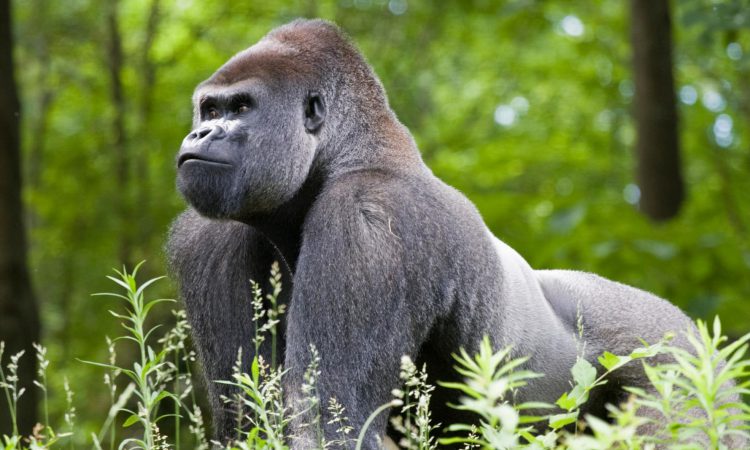Gorilla trekking rules and regulations are also referred to as the dos and don’ts, guidelines or safety measures. They are standard guidelines all trekkers on gorilla trek must follow before, during and when on a trek to view gorillas in the wild. They apply to tourists on gorilla tour in Uganda, Rwanda and DRC.
Observing them is essential toward survival of gorillas since they share 98% of their DNA with humans which makes them very susceptible to human infectious diseases. If well observed, it helps reduce that high risk of these endangered species from contracting human infectious diseases and before undertaking a trek to see these apes, you will be briefed early in the morning by the team from respective gorilla park you visit for gorilla trekking.
The check-list of gorilla trekking rules and regulations include;
- Prior departing for actual trek to see gorillas in Bwindi Impenetrable National Park, Virunga National Park, Volcanoes National Park or Mgahinga Gorilla National Park, you will be divided into 8 visitors then assigned to you to only 1 (one) habituated gorilla family. This is the standard carrying capacity of the gorilla habitat and it is intended to reduce any disturbance on daily gorilla behaviors in the wild or likelihood of exposing them to human infectious diseases.
- Washing hands is mandatory before you set off on a trek to see mountain gorillas or Eastern lowland gorillas.
- En-route to track gorillas, always keep your voices low. This doesn’t limit you from asking your ranger guide questions you need to get clarified about these rare creatures.
- While with gorillas, a social distancing of 7 meters must be kept at all times away from these apes. Do not even be tempted to touch them!
- Once you are in the jungles, try as much as possible to keep within your group you left with to trek mountain gorillas or eastern lowland gorillas.
- Smoking, eating or drinking is never allowed whether in Uganda, Rwanda or DRC.
- When gorillas charge on you, stand still-do not run or panic and observe what your guide tells you. Avoid direct eye contact and lower your eyes down to show signs of submission.
- Cameras with a flashlight aren’t accepted and ensure that you have turned it off before you start taking any photos whether on mountain gorilla trek or lowland gorilla tracking.
- The standard time allowed for you to have with gorillas is 1 hour. This is when you get to know these apes in depth, their daily behaviors and also to take as many photos as possible.
- The gorilla habitat must be kept clean or rather in a better state than it was when you found it. All that you carried on a trek must be brought back to dustbin at the park offices.
- A valid gorilla permit is mandatory. Every trekker in Uganda, Rwanda and Congo must have one if he or her is to trek gorillas. Uganda gorilla permits are sold at US Dollars 700, Rwanda gorilla permits are available at US Dollars 1500 and in the DRC at US Dollars 450.
- Only persons above 15 years can purchase a gorilla permit or go to trek gorillas in Uganda, Rwanda and DRC.
- When you need to sneeze, ensure that you cover your nose or mouth when coughing to avoid spreading human infectious diseases to gorillas.
Best places to visit for gorilla trekking
The top gorilla trekking destinations to explore in Africa include Bwindi Impenetrable National Park and Mgahinga Gorilla National Park in Southwestern Uganda; Volcanoes National Park in Ruhengeri, North-western Rwanda and Virunga National Park in Eastern DR Congo- these are ideal for mountain gorilla trekking.
Eastern lowland gorilla trekking is possible only in Kahuzi-Biega National Park in DRC and we have packages incorporating both primate adventures.
Things you must have on gorilla trekking safari holiday
On gorilla trekking safari to Uganda, Rwanda and DRC, take with you waterproof hiking boots, Packed lunch or snacks, camera without flashlight, binoculars, socks, first aid kit, plenty of bottled drinking water, toiletries, sweater, trouser, daypack waterproof, rain-jacket or poncho, long-sleeved shirt, visas, passport and valid gorilla permit.





